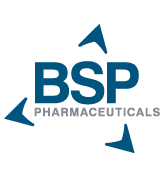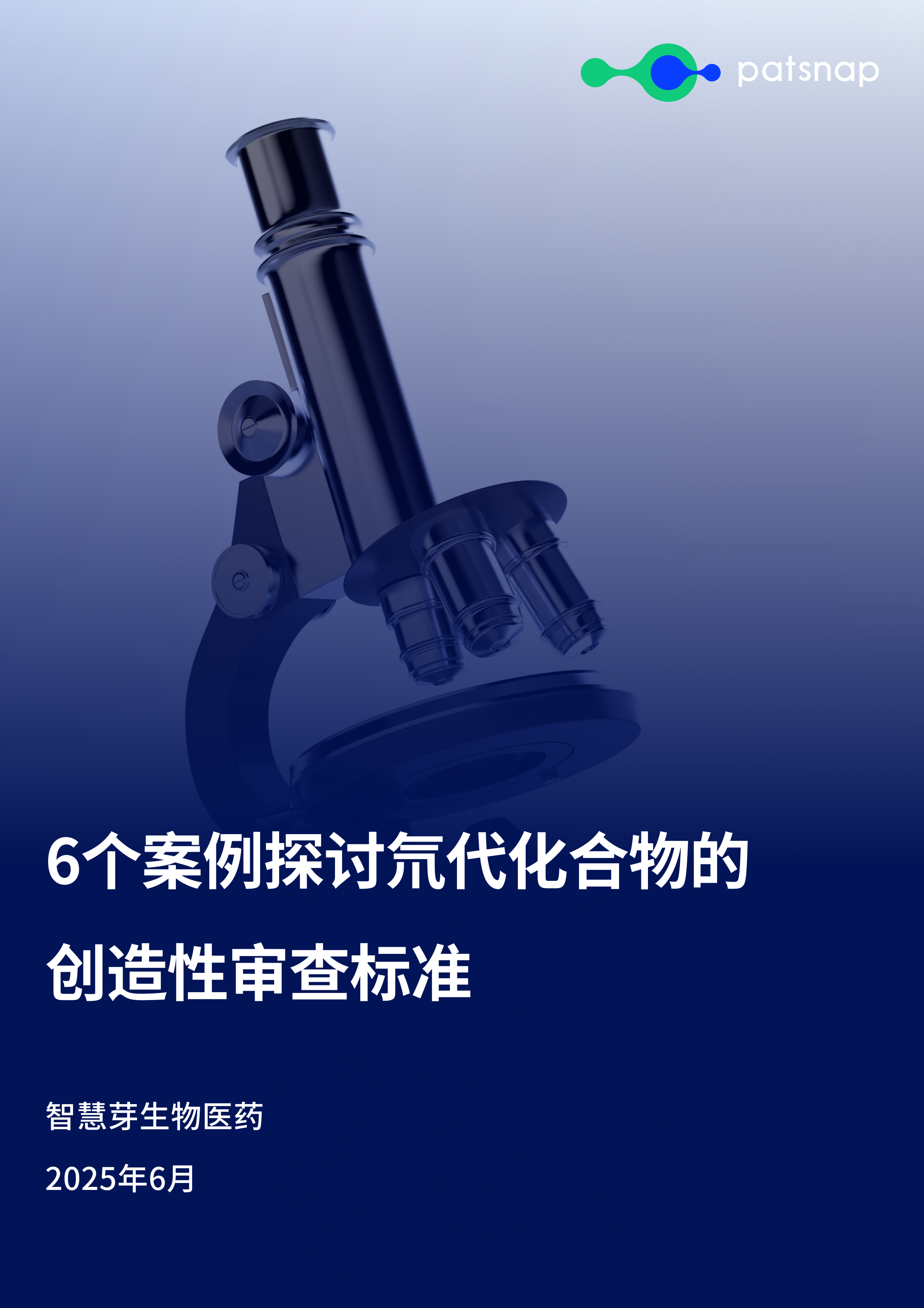预约演示
Tubulis and Bristol Myers Squibb Collaborate to Develop Next-Generation ADCs for Cancer Treatment
2023-04-21
·
交易
·原创
合作抗体药物偶联物
PatSnap Synapse, a novel, AI Powered Drug Competitive Intelligence database. Access to drugs, clinical trials, patents, literature and news in one search.
Tubulis, a German biopharmaceutical company, has announced a strategic license agreement with Bristol Myers Squibb (BMS) to develop differentiated antibody-drug conjugates (ADCs) for the treatment of cancer patients. Under the agreement, Tubulis will provide BMS access to its proprietary technology platform Tubutecan and P5, which enables the creation of site-specific conjugates with improved therapeutic properties.
Antibody drug conjugates are medicines that deliver highly potent chemotherapy agents to kill cancer cells with the potential for reduced damage to healthy. Unlike conventional chemotherapy treatments, which can damage healthy cells, antibody drug conjugates (ADCs) are targeted medicines that deliver chemotherapy agents to cancer cells. ADCs deliver the chemotherapy via a linker attached to a monoclonal antibody that binds to a specific target expressed on cancer cells. After binding to the target (cancer protein or receptor), the ADC releases a cytotoxic drug into the cancer cell.
According to the Synapse drug intelligence database, the top five institutions in global ADC development progress are Takeda Pharmaceutical Co., Ltd., BSP Pharmaceuticals SpA, Rakuten Medical, Inc., GSK Plc, and Acino International AG. The top five targets in global ADC development progress are Tubulin, HER2, DNA, TOP1, and CD22. The top five indications in global ADC development progress are Breast cancer, HER2-positive
breast cancer, Diffuse large B-cell lymphoma, Urothelial carcinoma, and HER2-positive gastric cancer.
Bristol Myers Squibb Co. is a pharmaceutical company based in New York, United States, founded in 1887. It is publicly traded on the New York Stock Exchange under the symbol BMY. The company focuses on developing treatments for a range of diseases, including neoplasms, immune system diseases, digestive system disorders, and more. Their drug development efforts use various technologies, with small molecule drugs and monoclonal antibodies being the most commonly used. The company has also been developing drugs targeting specific proteins such as CRBN, BCMA, PD-1, CD19, and PDL1 in order to treat diseases.
Bristol Myers Squibbtween Tubulis and BMS represents a significant step forward in the development of next-generation ADCs for cancer treatment. By combining Tubulis' innovative technology platform with BMS' extensive experience in oncology drug development, neoplasmserimmune system diseasese digestive system disordersent of more effective, safer, and accessible therapies for cancer patients.CRBNBCMAPD-1CD19PDL1
药物
-Eureka LS:
全新生物医药AI Agent 覆盖科研全链路,让突破性发现快人一步
立即开始免费试用!
智慧芽新药情报库是智慧芽专为生命科学人士构建的基于AI的创新药情报平台,助您全方位提升您的研发与决策效率。
立即开始数据试用!
智慧芽新药库数据也通过智慧芽数据服务平台,以API或者数据包形式对外开放,助您更加充分利用智慧芽新药情报信息。




